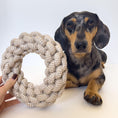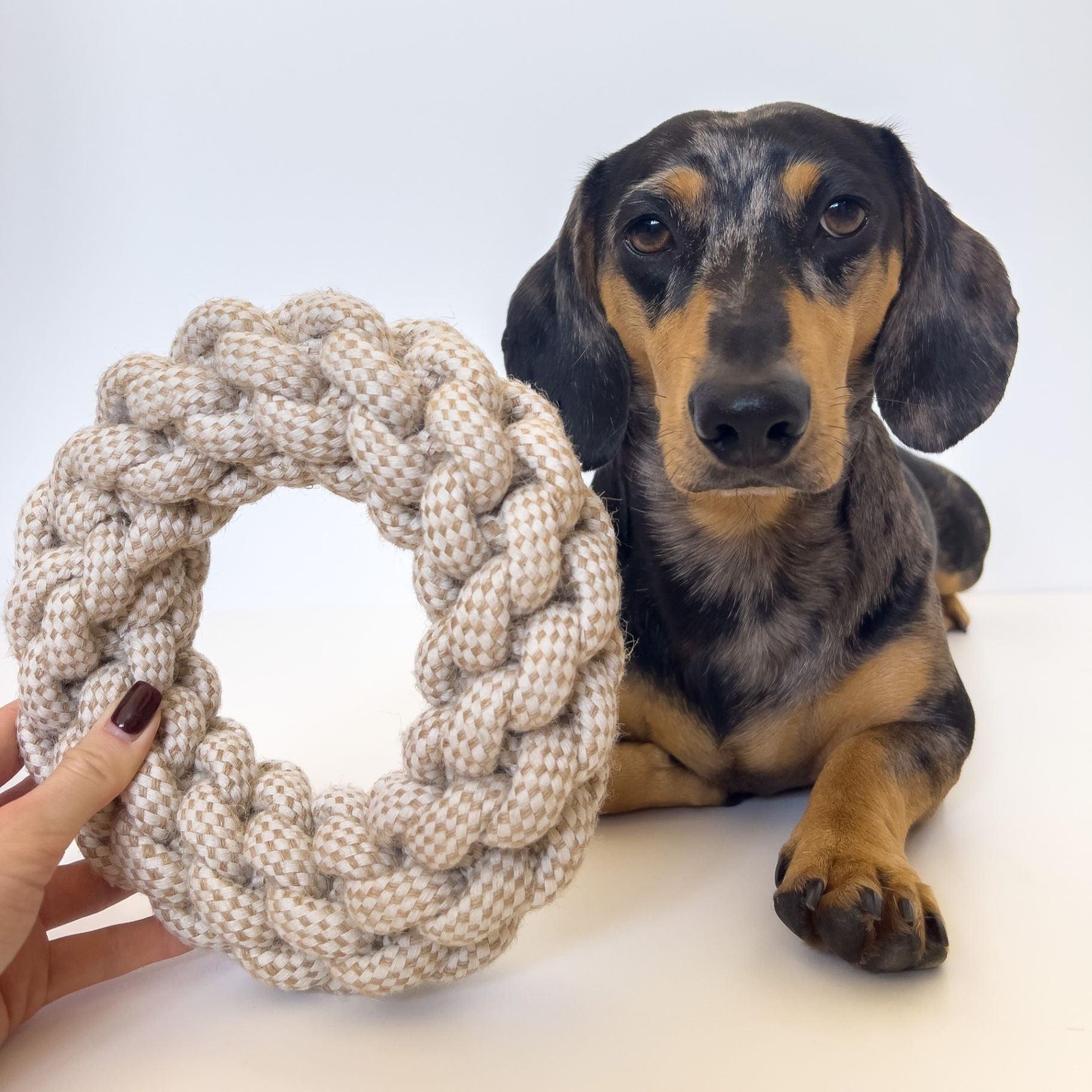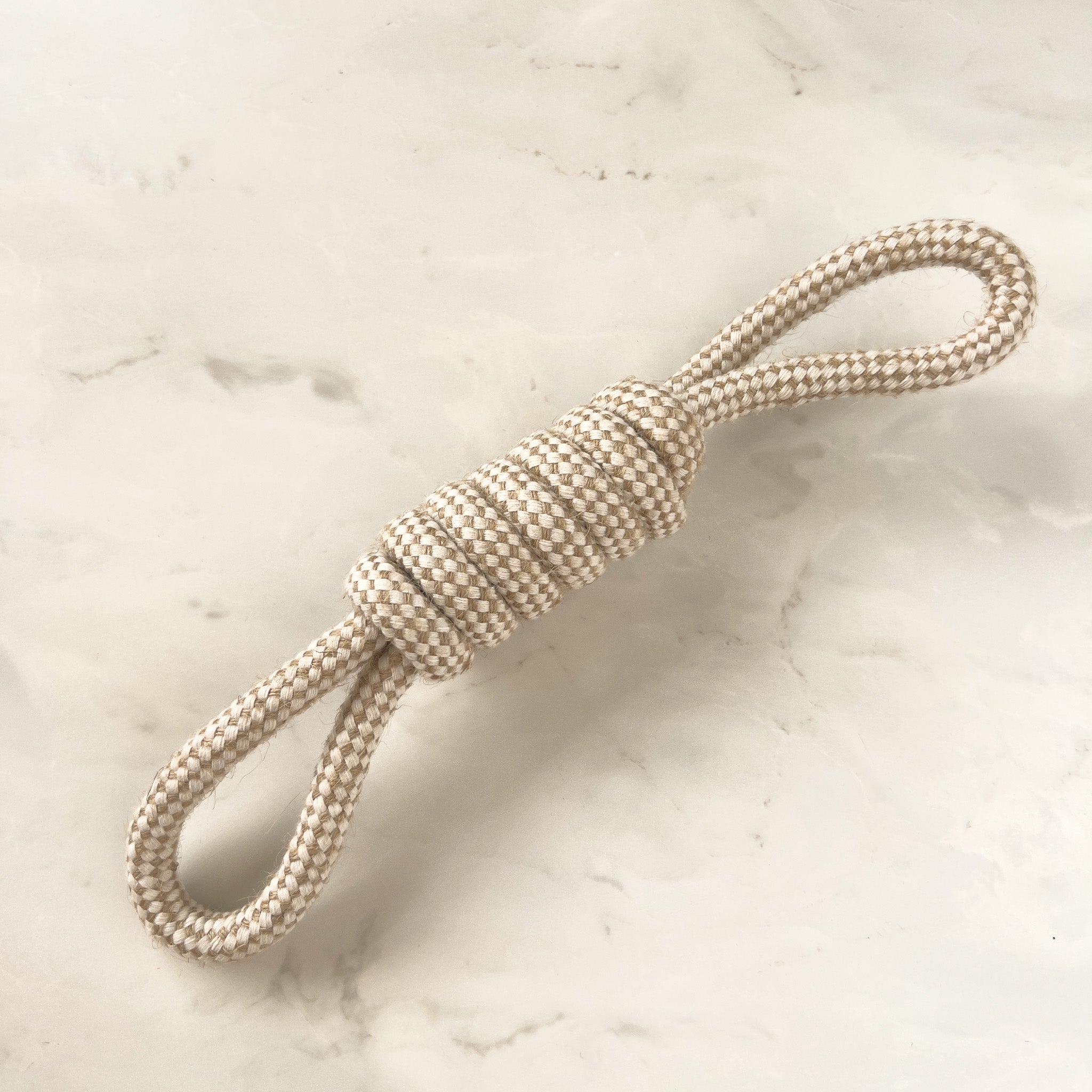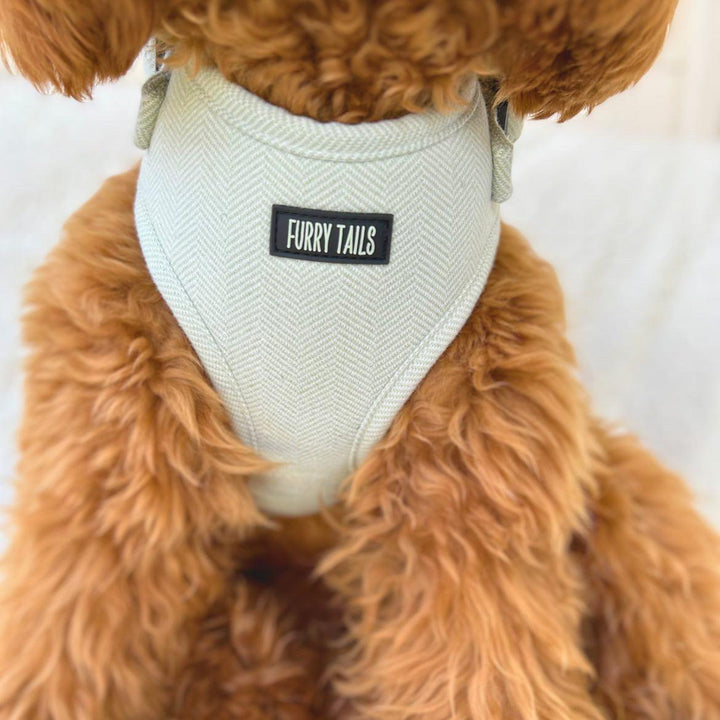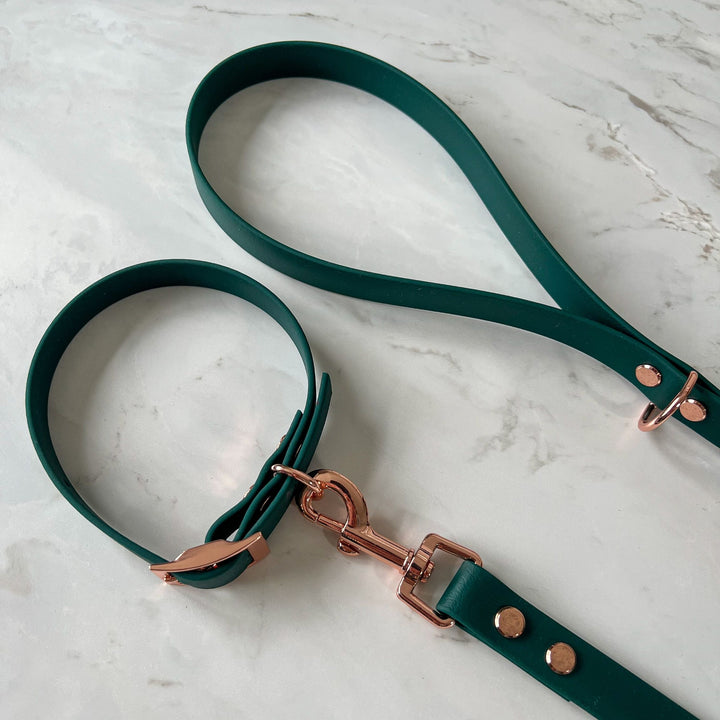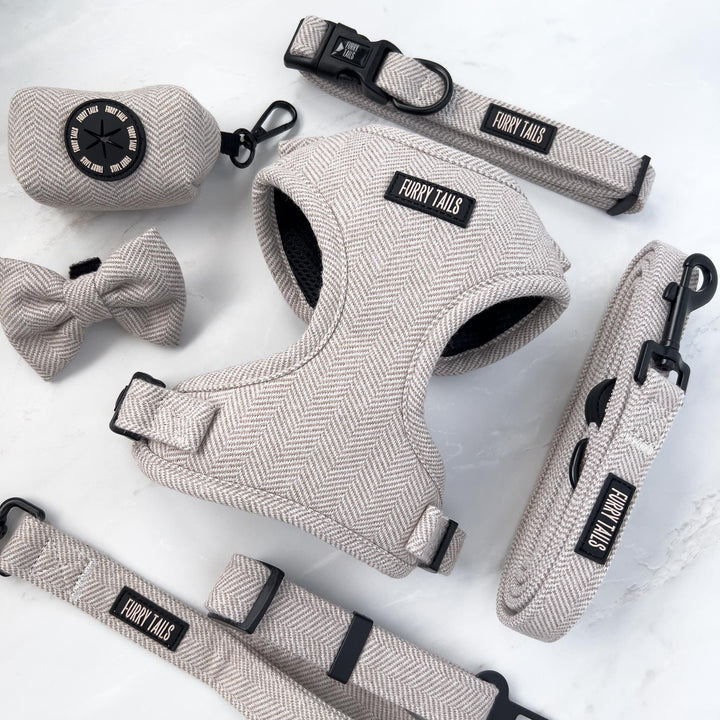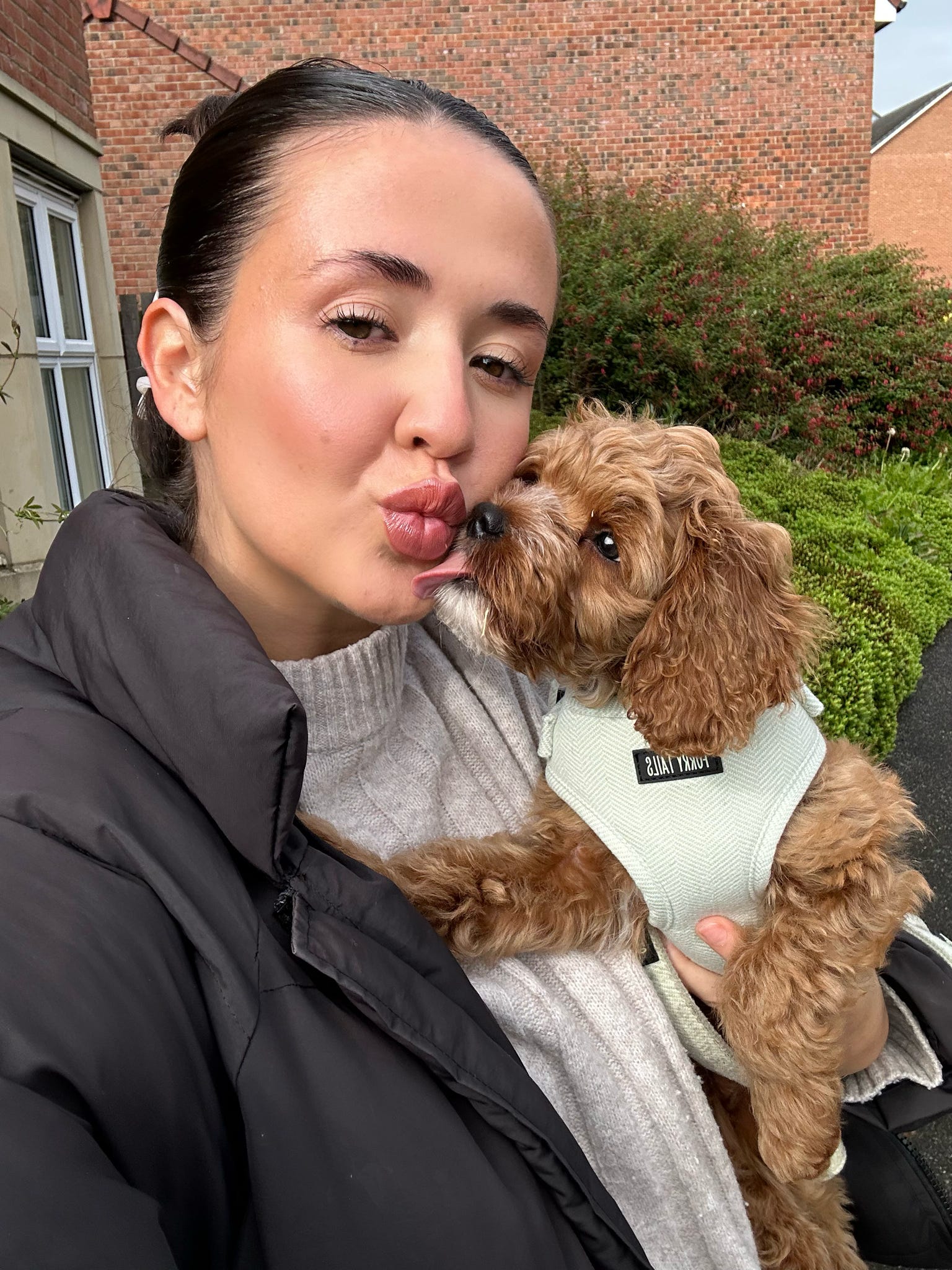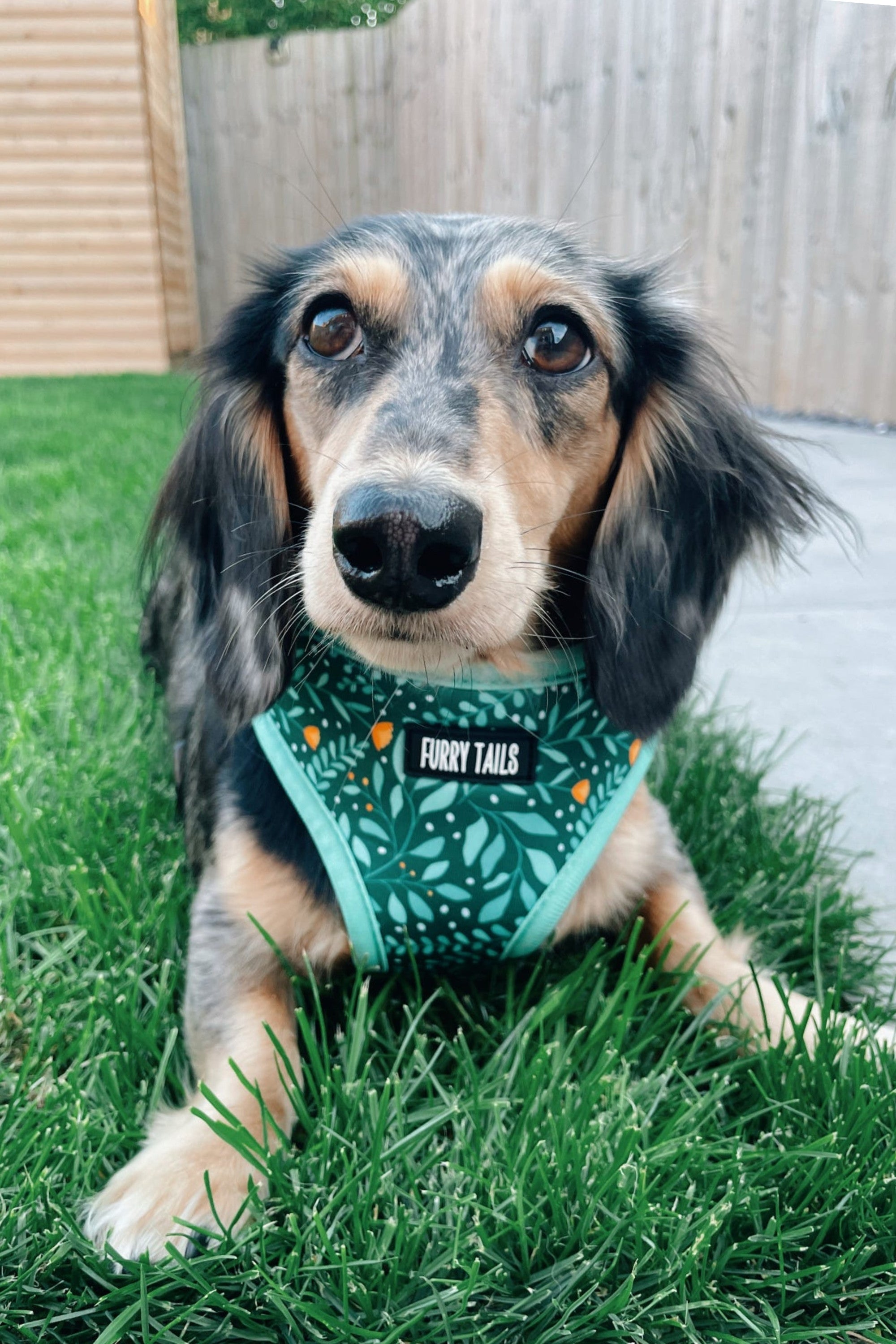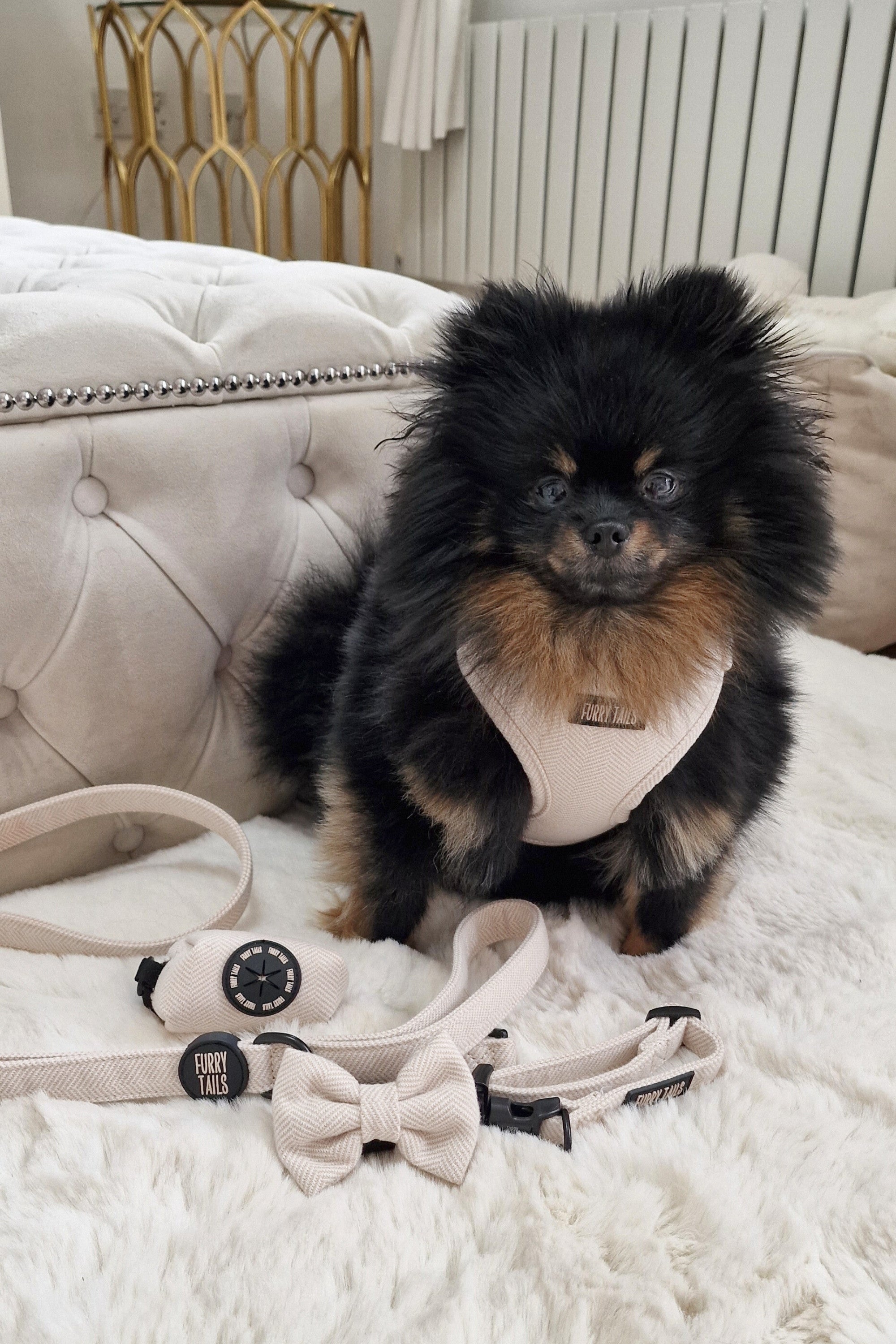Dachshunds are known for their charming personalities, but they can also be quite reactive. They are an independent breed with a strong prey drive, which can lead to barking, chasing, and other reactive behaviours. If you have a Dachshund, it is important to understand how to prevent reactivity and keep your dog happy and healthy.
It's also important to note that Dachshunds can be prone to separation anxiety, which can contribute to reactivity when left alone or separated from their owners. To prevent separation anxiety, it's important to gradually acclimate your Dachshund to being alone for short periods of time and providing plenty of mental and physical stimulation in your absence. You can also consider using puzzle toys or interactive feeders to keep your Dachshund entertained while you're away.

Here are some tips for preventing reactivity in Dachshunds.
1. Socialisation: Socialisation is essential for all dogs, but it is especially important for Dachshunds. Dachshunds can be wary of strangers and new experiences, so it is important to introduce them to a wide variety of people, animals, and situations from an early age. This can help prevent reactivity in new or unfamiliar situations. Remember, socialisation does not mean letting your pup greet every strange dog! Limit who he or she can greet and socialise with other, well behaved dogs.
2. Training: Dachshunds are smart dogs, and they thrive on learning new things. Training can help prevent reactivity by teaching your dog how to behave in different situations. Basic obedience training, such as sit, stay, and come, can help your dog feel more in control and less reactive. For a more in depth insight check out our blog post on the 3 best dog training cues.

3. Exercise: Dachshunds are an active breed, and they need plenty of exercise to stay healthy and happy. Exercise can also help prevent reactivity by burning off excess energy and providing mental stimulation. Regular walks, playtime, and other forms of exercise can help keep your Dachshund calm and well-behaved. Check out our blog post for more information on the importance of regular dog walks here.

4. Consistency: Consistency is key when it comes to preventing reactivity in Dachshunds. Make sure to establish clear rules and boundaries for your dog, and be consistent in enforcing them. This can help prevent confusion and anxiety, which can lead to reactive behaviours.
5. Positive reinforcement: Positive reinforcement is a powerful tool for preventing reactivity in Dachshunds. Reward your dog for good behaviour, such as sitting quietly or walking calmly on a leash. This can help your dog learn to associate good behaviour with positive outcomes, which can lead to a more well-behaved and less reactive dog.
6. Avoid triggering situations: Dachshunds can be reactive to certain triggers, such as other dogs, loud noises, or fast-moving objects. Try to avoid these triggers as much as possible, and be prepared to distract or redirect your dog if they do become reactive. This can help prevent the behaviour from becoming a habit.

Another factor to consider is the importance of managing your Dachshund's prey drive. Dachshunds were originally bred for hunting small animals such as rabbits and badgers, and their natural instinct to chase and catch prey can lead to reactive behaviours such as barking and lunging. To manage your Dachshund's prey drive, it's important to provide appropriate outlets for their energy, such as playing fetch or engaging in other forms of interactive play.

Lastly, it's important to maintain regular veterinary check-ups for your Dachshund to ensure that they are healthy and free of any underlying medical conditions that could contribute to reactivity or behavioural issues. By providing your Dachshund with proper care and attention, you can help them overcome reactivity and enjoy a happy and fulfilling life.
In conclusion, preventing reactivity in Dachshunds requires a combination of socialisation, training, exercise, consistency, positive reinforcement, and avoiding triggering situations. With the right approach, you can help your Dachshund become a happy, well-behaved, and less reactive companion.












